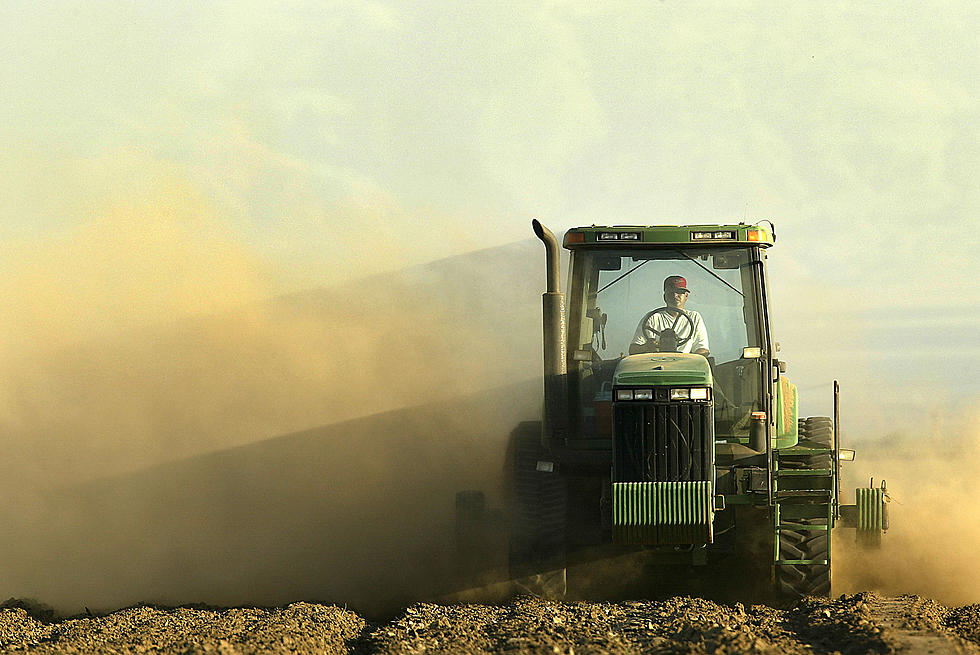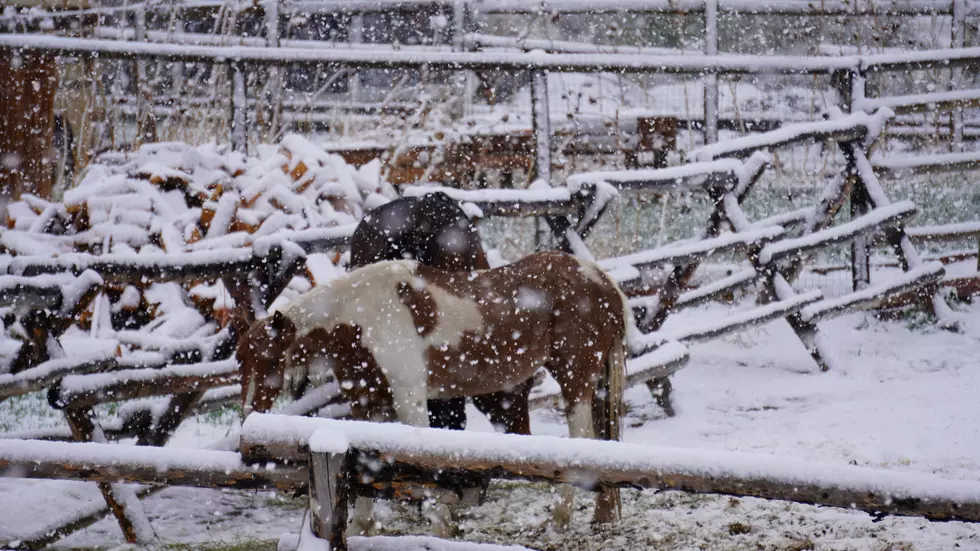
Manure is Messy, Avoid Spills Before They Happen
Accidents happen, even when it comes to manure handling, and if you are not careful, it can lead to bigger problems down the road. To help farmers understand when to take action when an accident happens, Kevin Erb, with the University of Wisconsin Extension spoke at an Iowa Learning Farmers webinar about manure spill prevention.
Erb has spent years studying manure-related topics including spills and incident and to says to prevent accidents from happening, it helps knowing where to look. In his research of the topic, he identified the three main areas where manure spillage occurs are with transportation, on the farm, and during land application.
Transportation
Around 40 percent of documented accidental manure spills happen from transportation-related issues. Looking at information over the past five years, transportation-related incidents tend to peak in October, November, and April. Erb said they also found that there is a peak in incidents in May after a lot of corn is already planted.
“What we're seeing is that we’re making mistakes,” said Erb. “We’re rushing to try to get things done right before that corn gets planted and because of that rush, we're not paying as close attention safety-wise sometimes. And we're seeing that increase in transportation-related instances.”
Erb said that something interesting the study found had to do with accidentally opening valves when transporting manure.
“And of those[incidents], more than half occurred within a tenth of a mile of an intersection. We had to ask ourselves why? And it turns out that a lot of times the valve opening switch is right next to the Jake Brake switch on the semi and just instinctively reaching over, flipping the switch, and hitting the wrong one,” explained Erb.
Farm
Another 40 percent of documented spills are happening on the farm itself. This refers to accidents happening before manure is removed from storage for the application. These incidents tend to peak in April and October and then flatline in January, February, and March.
Some of these accidents are from not having proper storage capacities for manure. When this happens, one thing you can do is take some manure off and sidedress corn.
“I do have a few folks that have said; I'm going to plant some corn that's maybe 10 days earlier in maturity. I'm going to take a little bit of a healed yield hit on that 60 or 40 acres, but that at least gives me a field that I can go to earlier and fall and avoid that problem,” explained Erb.
Land Application
Of documented incidents, around 23 percent of spills are due to land application. In data from 2015 through 2019, a lot of problems seen with land application occurred during the fall. This is a switch from data from 2005-2009 when the peak incidents were in February and March when farmers were spreading more manure on frozen ground.
“And as the regulations have changed, as farmers have improved their land application practices, what we're seeing is a lot less runoff in the spring,” said Erb. “But now we're beginning to see a shift toward some of those with field runoff situations happening in the fall.”
In Northeastern Wisconsin, there are large concentrations of application-related incense and, according to Erb, this is also an area that has active anti-animal agriculture groups.
“What's been happening over time is they've been actively watching farms while they apply manure,” said Erb. “Flying drones over fields while the application is going on measuring setbacks after application in their way of trying to hold farms accountable.”
Because of this, farmers have become more aware they are being watched and shave become more likely to report themselves.
To watch the full webinar, check out Iowa Learning Farmers.
Farmers Markets in the Cedar Valley & NE Iowa - List
More From AM 950 KOEL









